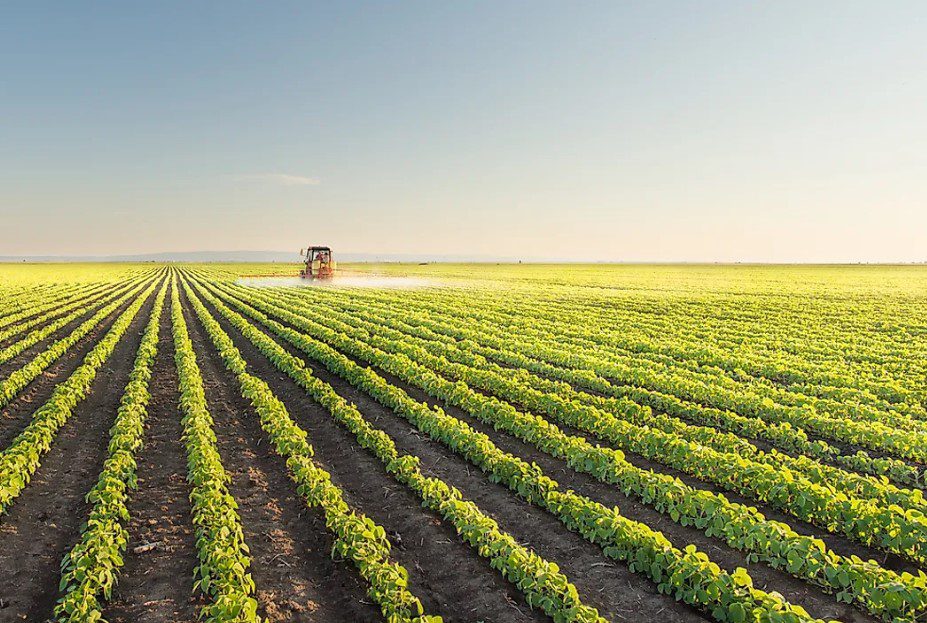In keeping with its vision to bolster the non-oil economy, prevent overreliance on petroleum revenues, and ensure Guyana is self-sufficient, the government has remained diligent in the execution of key investments in agriculture for the first six months of the year.
According to the Ministry of Finance, GY$15.8 billion of the GY$32.6 billion budgeted for agriculture was expended in the sector. This was done to expand cultivation and production to reduce imports, increase exports, and foster diversification despite the La Niña weather conditions that prevailed. As such, the construction of major infrastructure, the procurement of key equipment and machinery, and the establishment of necessary systems and partnerships were initiated.
Guyana oil bounty can fuel massive economic diversification, says US Ambassador | OilNOW
It was also noted that GY$142.7 million out of GY$343.7 million was expended by the Fisheries Department during the review period. OilNOW understands that government’s continued interventions translated into increased aquaculture production of 444.1% in the first half compared with the same period in 2021. Additionally, at mid-year, brackish-water shrimp production increased by 292.6% which was a direct result of the government’s expanded brackish-water shrimp production programme. This intervention has resulted in the rehabilitation of over 673 acres of shrimp farms, benefitting over 28 shrimp farmers, while contributing to the diversification of the fisheries industry.
In continuing the effort to provide employment opportunities to young people, at the half year, the Agriculture and Innovation Entrepreneurship Programme saw 50 agriculture graduands access the recently constructed shade houses, with another 50 graduands slated to benefit by the end of the year. This programme will transform the livelihoods of these youths while increasing the cultivation of high value-crops such as broccoli, cauliflower, bell peppers and carrots.
In the first half of 2022, the government’s goal of decentralising technical support to agro-processors was also advanced with three agri-business incubators established at Fort Wellington, St. Ignatius, and Watooka. Another agri-business incubator is expected to be established at Parika in the third quarter. The small agro-processing businesses will benefit further from five agro-processing facilities in Parika, Sophia, Mabaruma, White Water Creek and Charity, which will be fully equipped by the end of the year.
Regional Oil and Gas Bonanza and the 25×2025 Food Import Reduction Imperative | OilNOW
The foregoing investments are also in keeping with President, Dr. Mohamed Irfaan Ali’s push for the reduction of the Caribbean Region’s food import bill by 25% in three years. Dr. Ali is targeting the transformation of the region’s agricultural industry by creating value, with close participation of the private sector. The main tenets of this vision are the improvement of the efficiency of agri-food input and output markets, transport and logistics, energy access, and national and cross-border marketing and distribution.



